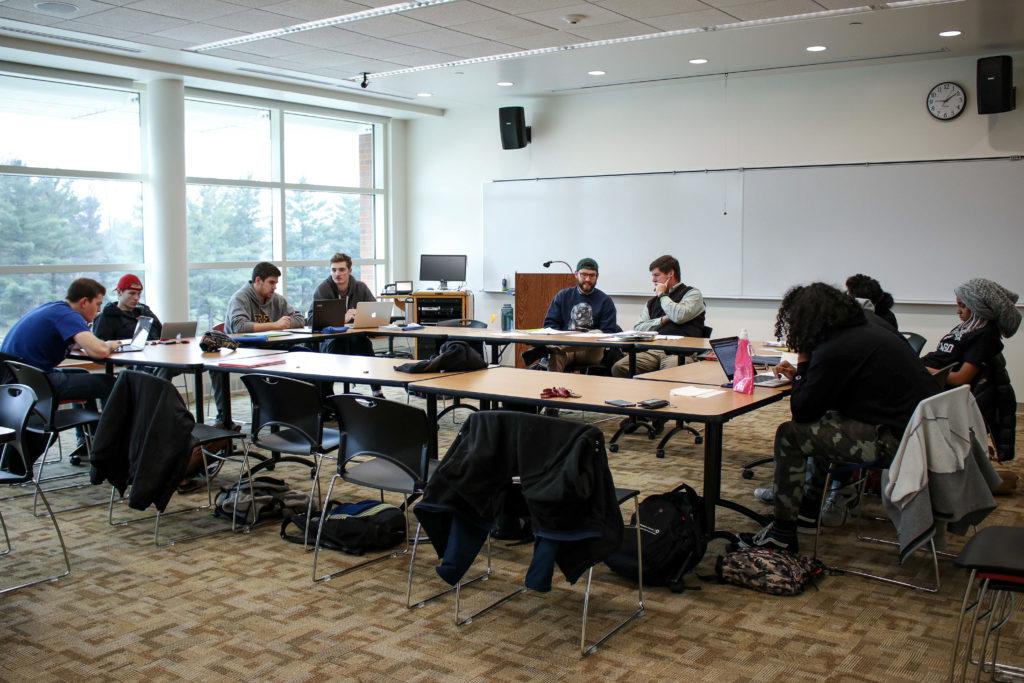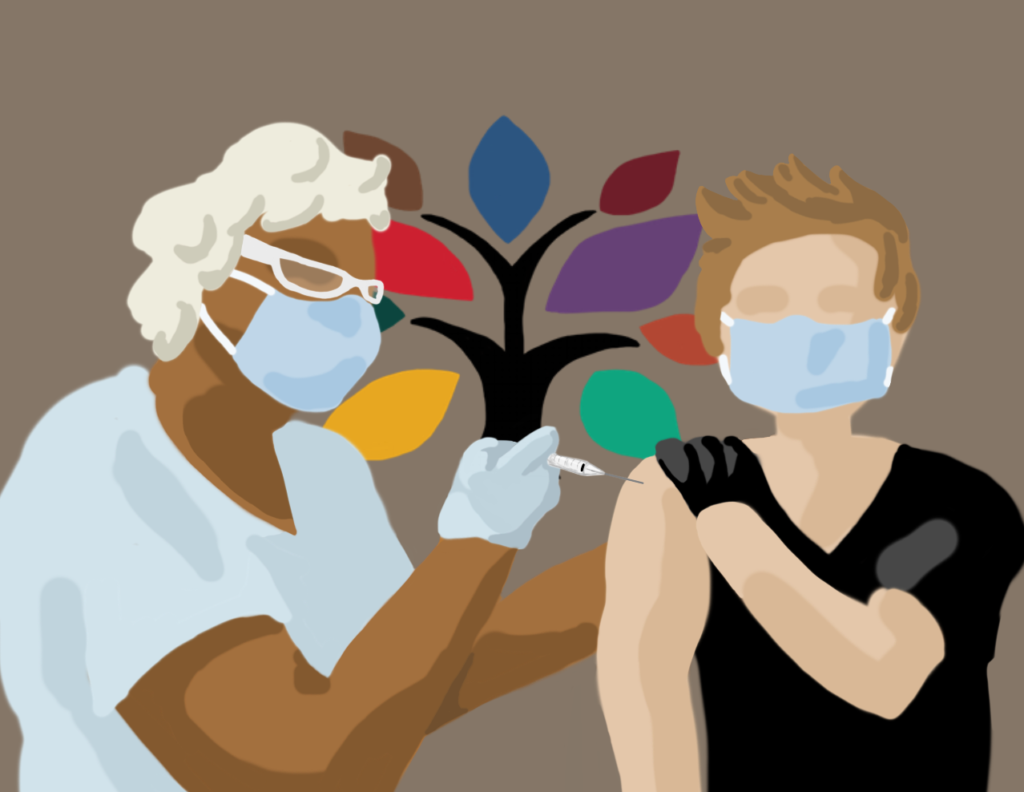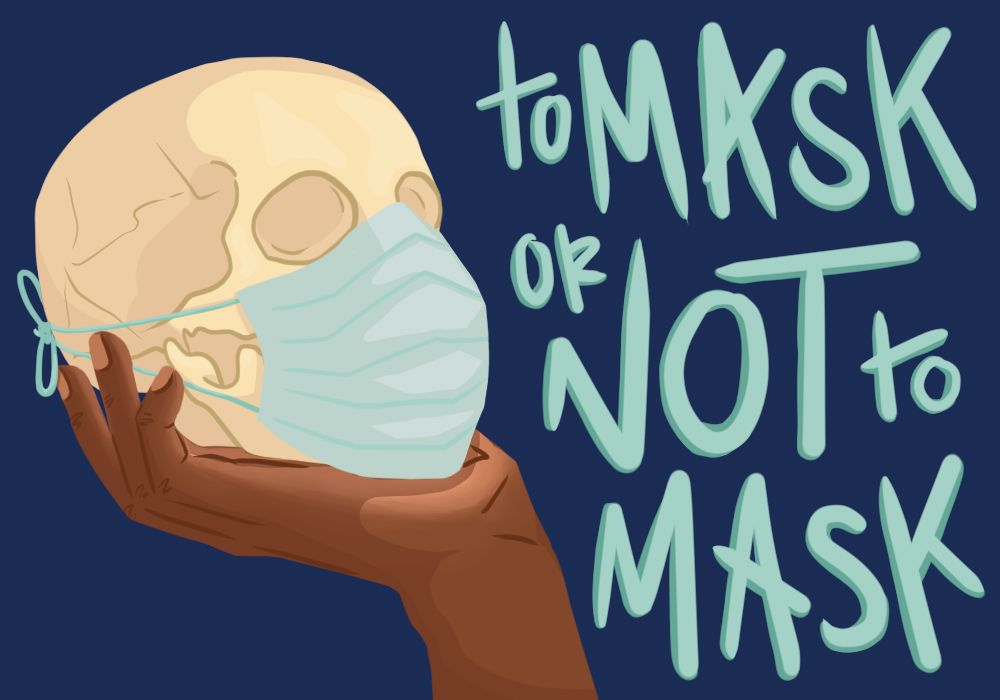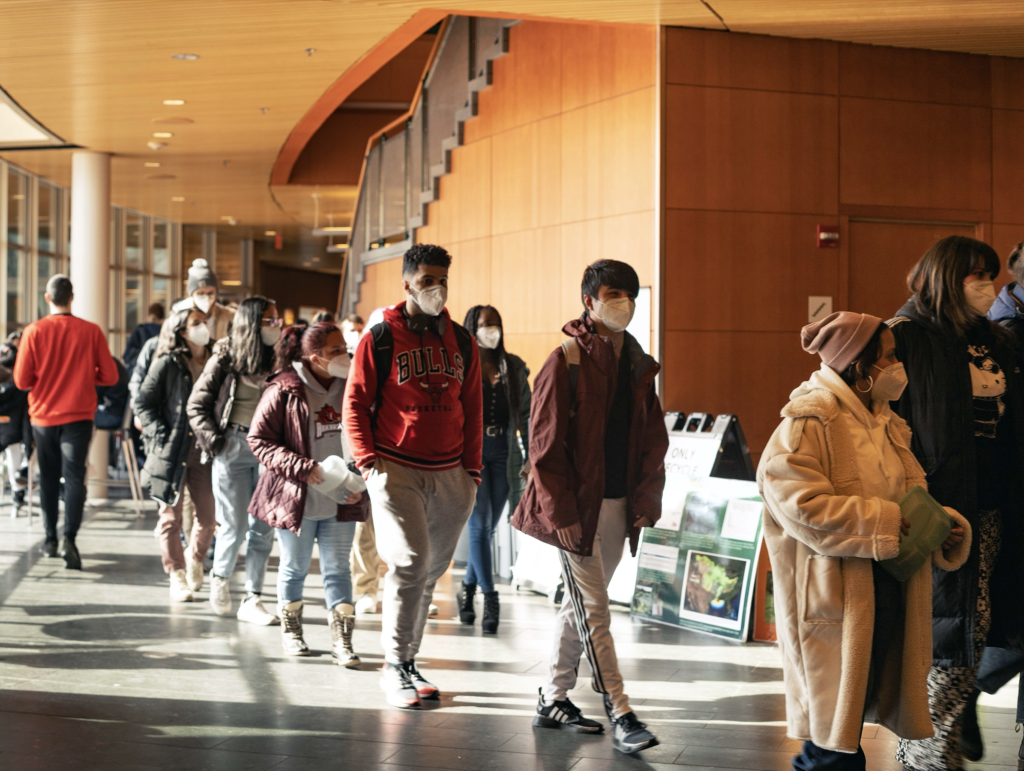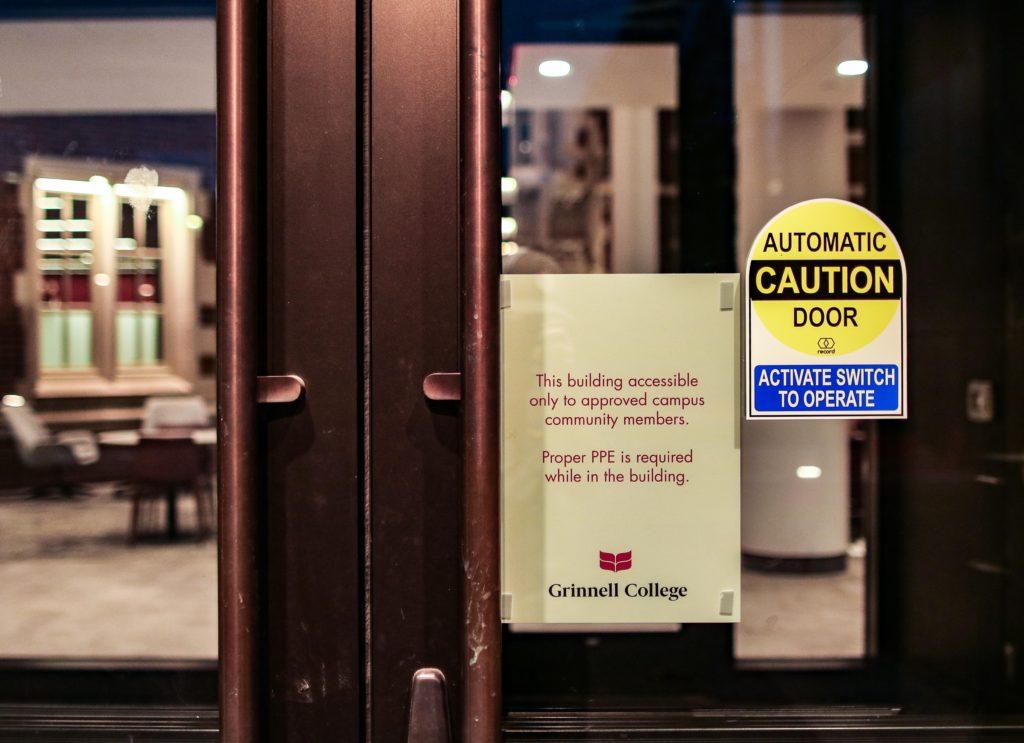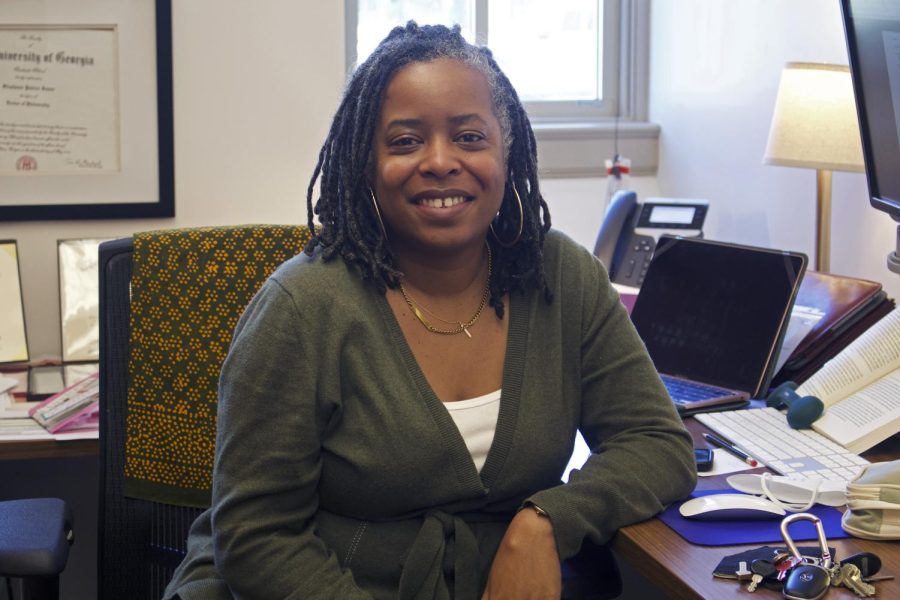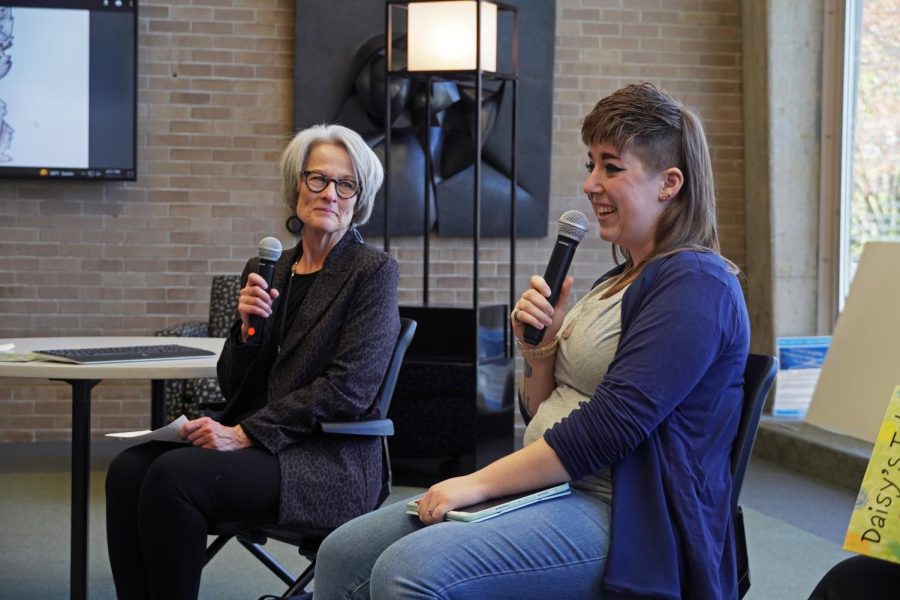The liberal arts experience at institutions like Grinnell College is tied to small-group instruction and close relationships between professors and students. The current pandemic is threatening that essential experience, and for faculty members who are concerned what their future may look like at the College in the midst of COVID-19, these uncertain times are just as taxing as they are to students.
After remaining publicly silent for the majority of the College’s press releases and campus memos, Grinnell faculty professors attended a meeting and discussion about the 2020-2021 academic year on Monday, June 22, 2020.
“People are worried [about] the quality of their pedagogy,” said incoming Chair of Faculty Vida Praitis, professor of biology at the College. “The student experience, of course, but then also the health of students, their own health and the health of their families and the health of people in the community.”
When considering curricular plans for the upcoming year, Grinnell administrators turned to the Faculty Executive Council for advice. The chair of the faculty is selected from this group and serves as a voice for professors and instructors regarding curricular concerns. Praitis will take over the position from Professor Todd Armstrong on July 1.
After the faculty meeting on Monday afternoon, Praitis said that although the future may seem unstable right now, the administration is actively listening and responding to the faculty’s questions and feedback.
While many of the faculty would, in an ideal situation, want to be on campus with their students, the College administration is factoring in the possible ramifications this contact could have on the community at large and the comfort levels of the professors themselves.
At this time, the College is still collecting responses from a faculty survey about teaching preferences. From this survey, they are hoping to get an accurate gauge of how many teachers are more comfortable with a distance learning, campus based or mixed approach.
Above all, though, Praitis said that the College is going to prioritize the wishes of its faculty.
“You don’t want to force people to do something,” she said. “I can’t even imagine what an educational experience would be like if a faculty member was forced to come to campus. … So, the idea here is that people are indicating their preference and [those preferences] will be honored.”
There is, however, a chance that a faculty member’s request will not directly mirror their placement in the fall. According to Praitis, even if a faculty member would prefer to be on campus, it is possible that they could still be teaching one or all of their course virtually or in some sort of hybrid style depending on how cohorts, or scurries, are sorted and assigned.
As of right now, faculty members and the Executive Board are prioritizing the planning of registration. According to Praitis, the typical process of registration takes almost six months.
“We’re trying to compress all of that in a month,” said Praitis. “We’ve had to reinvent it entirely.”
Other faculty members who were unavailable for individual comment for this article mirrored Praitis’s sentiments at the various breakout sessions throughout the week. More than anything, they urged students, staff and faculty to be kind to one another in these uncertain times.
“We are really trying very hard to live our values as an institution,” said Praitis. “And I’m on the whole very, very proud of the way that we’ve been doing this.”



















































